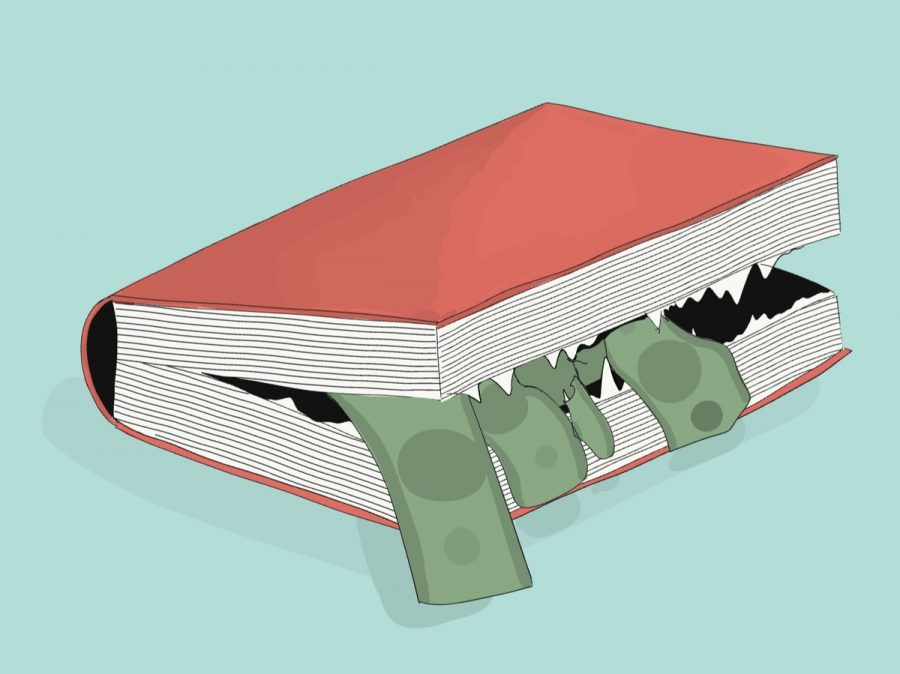Limit the cost of course packets
April 6, 2021
With the cost of higher education increasing in the U.S., the last thing students want to worry about is the cost of their materials for class. While there is room for improvement in many aspects of material accessibility, one step professors can take is to lower the price of course packets by only charging students the cost of production.
Course packets are materials, excluding textbooks, that are put together by the professor for their students. Packets may consist of documents like outside readings for the class and practice problems. These materials are not mass produced for others outside the University and are solely for students within a given class.
Making course packets mandatory puts an unnecessary cost burden on students who have to buy them but may not end up needing to use them. Price limits on course packets would allow professors to find the most affordable way for students to learn beyond their textbooks.
Biochemistry freshman Nidhi Urs said that while she sees the benefit of course packets, these potential benefits often do not justify the cost, depending on the class.
“For chemistry, I sometimes think it’s not worth the money because they include stuff in the course pack that’s not in lecture,” Urs said. “They were pretty expensive, and there were problems with it getting delivered to kids at home.”
Urs also had friends in a government class who had to buy a course packet they rarely used, while her friend in the same course but with a different professor could access the materials for free online.
While students have concerns over the financial burden of class materials, professors also have concerns about whether a price limit would be in the best interest of students. Government professor Kurt Weyland, who usually assigns three textbooks and a course packet, expressed concerns over the educational cost of a price limit.
“It could detract from the educational mission of UT if you impose a limit and then people have to use second rate materials,” Weyland said. “I understand the interest of the students, but I don’t think they would benefit. Sometimes high quality materials and education is just expensive.”
Yes, education is expensive. However, there are ways to reduce pricing without compromising the quality of the class. According to Weyland, pricing largely stems from copyright fees, which often depend on the service being used for print.
“I used to do it through the Co-op, and my impression is that it was more expensive because they charged copyright fees,” Weyland said. “Last time I did it through Document Solutions, which is also UT, and it was cheaper and I never heard anything about copyright fees.”
When creating course packets, professors should look into cheaper services for print and only charge students the price of that production. Limiting the cost of course packets to the price it costs to produce them will protect students from unnecessary costs of materials, especially if they are rarely used.
Given the rising costs of education and the tolls of the pandemic, in a time of immense stress, professors should do their best to relieve any financial stress possible on their students.
Purchatzke is a biochemistry freshman from Boerne, Texas.












